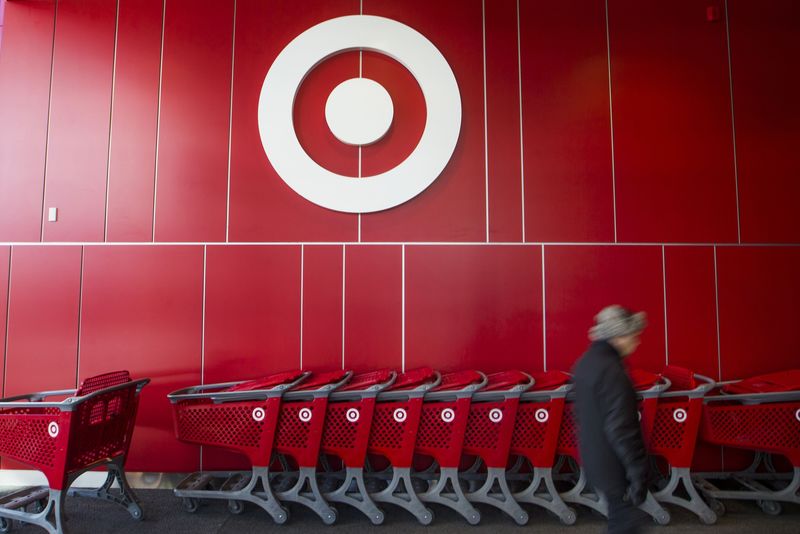This post was originally published on this site

Since March 2023, there has been a general cooling of prices for both goods and services. While prices are still on the rise, the rate of increase has slowed considerably compared to the rapid inflation experienced in 2021 and 2022.
This slowdown is evident across the three main categories often used by the Federal Reserve for analysis: goods, services, and housing. These categories have seen slower price growth, with some even experiencing annual declines, especially in goods, including various food items and used cars.
Market Expectations
Core inflation, which excludes food and energy prices, has been gradually decreasing in 2023, and current predictions suggest that this trend of cooling core inflation will persist. The consensus is looking for a 0.3% increase in core inflation on a month-over-month basis, and 4.1% on a year-over-year basis.
Headline inflation is expected to increase 0.3% on an MoM basis and 3.6% on an annual basis. However, while the consensus forecast looks for a rounded print of 3.6%, the swap market implies a figure that rounds down to 3.5%.
Hence, a higher-than-expected figure may yield a stronger-than-expected move across markets.
For August, core CPI rose 0.3% and 4.3% on a MoM and YoY basis, respectively. The headline inflation jumped 0.6% and 3.7%, respectively.
Despite the overall trend of cooling prices, a recent surge in energy costs contributed to an uptick in the headline CPI in August. This trend may persist into the September report, as oil prices continued to rise during that month.
Analysts’ Expectations
Here’s what three major banks expect from the upcoming CPI report.
Morgan Stanley: “We expect core CPI at 0.26%M in September (vs. 0.28%M Aug, 0.3%M cons, 4.1%Y). Core services slightly increases (0.42%M vs 0.39% Aug) and core goods deflation continues. Energy remains positive but lower than August, bringing headline down to 0.32%M (3.6%Y, Headline CPI Index NSA: 307.400).”
Goldman Sachs: “We expect a 0.22% increase in September core CPI (vs. 0.3% consensus), corresponding to a year-over-year rate of 3.98% (vs. 4.1% consensus). We expect a 0.30% increase in September headline CPI (vs. 0.3% consensus), which corresponds to a year-over-year rate of 3.55% (vs. 3.6% consensus). Our forecast is consistent with a 0.24% increase in core services excluding rent and owners’ equivalent rent in September… Going forward, we expect monthly core CPI inflation to remain in the 0.2-0.3% range in the next few months.”
Bank of America: “We expect a relatively firm September CPI report. Headline CPI should increase 0.3% m/m (0.25% unrounded) resulting in the y/y rate ticking down a tenth to 3.6%. This would result in a headline NSA index print of 307.342. Meanwhile, we look for core inflation to round down to 0.2% m/m (0.24% unrounded) and for the y/y rate to fall two-tenths to 4.1%.”
S&P 500 Reaction
Analysts at Bank of America argue that the risk to the September CPI report is actually to the upside, meaning that there is a greater risk of core CPI printing at 0.3% m/m than 0.1% m/m.
In this case, the S&P 500 and the stock market are likely to head lower as this may be perceived as another piece of evidence that the Federal Reserve may decide to deliver at least one more hike before the end of the year.
“Should the print come in as we expect or above our expectations, it would keep a November hike in play,” analysts at Bank of America wrote in their preview report.
The move lower in equities could be underpinned by this week’s bounce in equities with the S&P 500 rallying about 150 points after testing a key near-term support near 4200.
Citibank’s data on the positioning in the futures market also shows only a “moderately bearish” sentiment, which leaves room for more shorts to be added in case the CPI comes in above expectations.
Remember, this is the latest piece of key data before the FOMC meets on October 31-November 1.

